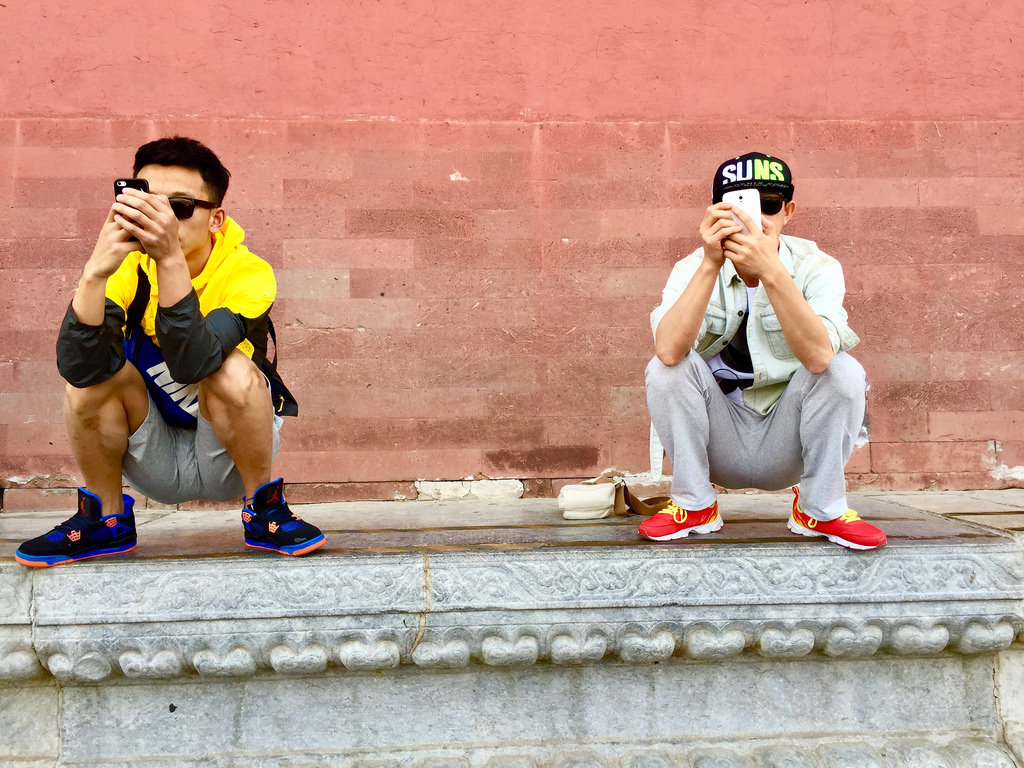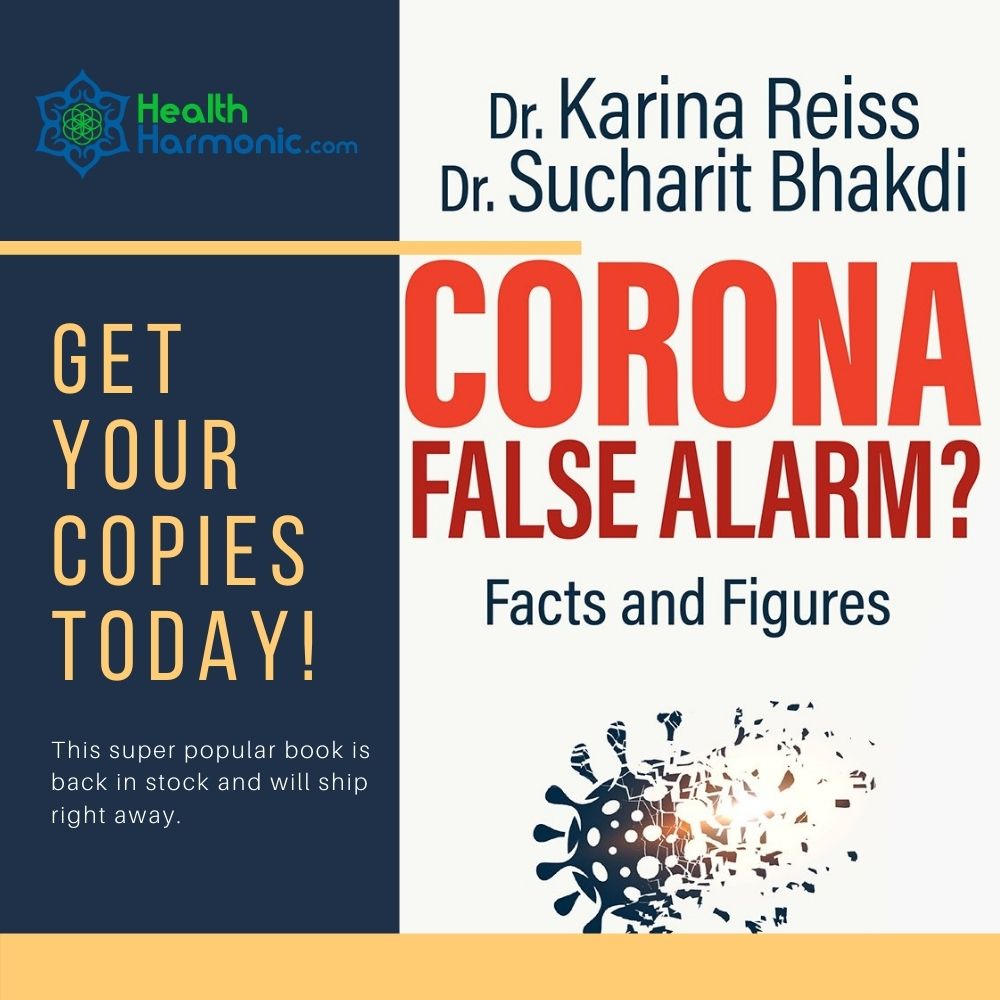
Connecting to people has never been easier thanks to social media but can it clue people in on other's mental state? A study published in the journal EPJ Data Science found a link between mental problems and social media engagement.

For instance, people who use Instagram - a popular photo-sharing platform - to share edited pictures are likely to be depressed.
In addition, social media engagement could indicate a person's loneliness. An AARP study found that 35% of participants aged 45 and older were lonely. And of that, 13% of the lonely respondents feel they have fewer deep connections now that they use the internet to keep in touch with loved ones.
Could the Instagram filter someone chooses actually clue us into their mental state? According to a new study published in the journal EPJ Data Science, social media and mental illness are linked. And the images a person shares on Instagram (and the way they’re edited) could offer insight into signs of depression. (1)
The study examined more than 40,000 Instagram posts from 166 subjects. Researchers first identified study participants who were previously diagnosed with depression. Next, they used machine-learning tools to identify patterns in the people’s posts. It turns out there were differences between how depressed people and non-depressed people posted.
Those folks who were depressed tended to use filters less frequently than those who weren’t depressed. And when they did use filters, the most popular one was “Inkwell,” which turns photos black and white. Their photos were also more likely to contain a face in them. In contrast, non-depressed Instagrammers were partial to the “Valencia” image filter, which lightens photos up.
The Social Media-Mental Illness Connection
This isn’t the first time researchers examined the role social media plays in mental health. As social media continues to become more engrained in our society (when’s the last time you spent an entire day away from Facebook/Instagram/Twitter/Snapchat?), its role in our mental wellbeing is being studied, too. And some of the findings are, well, troubling. Let’s break down the role social media plays in mental illness.
Social Media and Depression
Social media can exacerbate feelings of depression. In fact, one study found that the more social platforms people are actively engaged on, the more likely they’ll feel depressed and anxious. (2) People who stuck with two or less platforms experienced a decreased risk of depression and anxiety compared to those engaging with seven to 11 different platforms, even after controlling for other issues that could contribute to mental health illness and total time spent on the platforms.
Though seven platforms sounds like a lot, Facebook, Instagram, Snapchat, Pinterest, YouTube, Twitter and LinkedIn add up to seven. Throw in a dating app like Tinder or social chat apps like Kik and WeChat, and it becomes easy to see how someone could be on that many platforms.
In a small study of young people in the UK, researchers identified Instagram as the social media platform most associated with negative feelings, including depression, anxiety, loneliness, trouble sleeping and bullying, with Snapchat following closely behind. (3) Both of these platforms focus heavily on images, which can promote feelings of inadequacy and encourage low self-esteem as people compare themselves to others.
And another study found that Facebook use negatively impacted how people felt moment-to-moment and also how satisfied they were with their lives. The more often people used Facebook over a two-week period, the more their life satisfaction levels declined, no matter why they were using Facebook or how big their Facebook network was. (4) Though the study looked at just two weeks, it’d be interesting to see what the cumulative life satisfaction toll would be over months and years.
Image courtesy of: [nixon]






